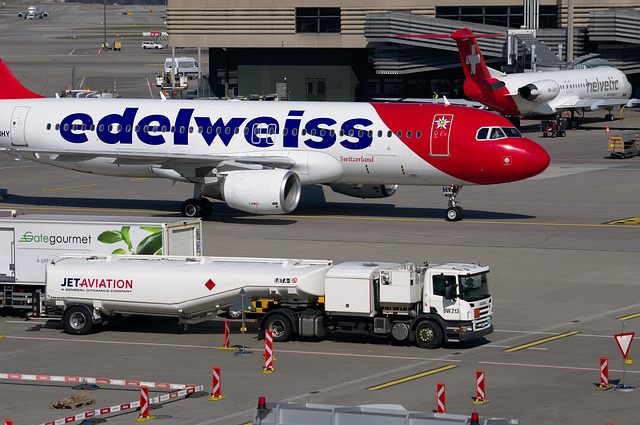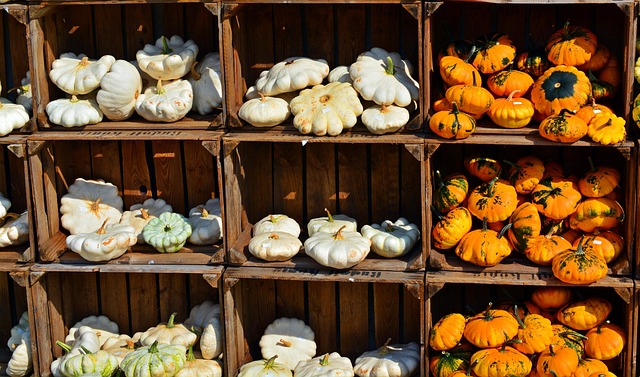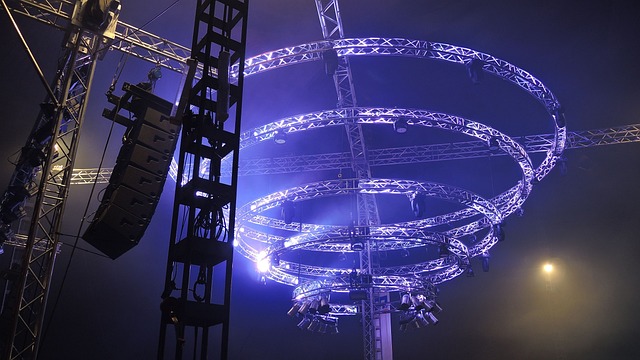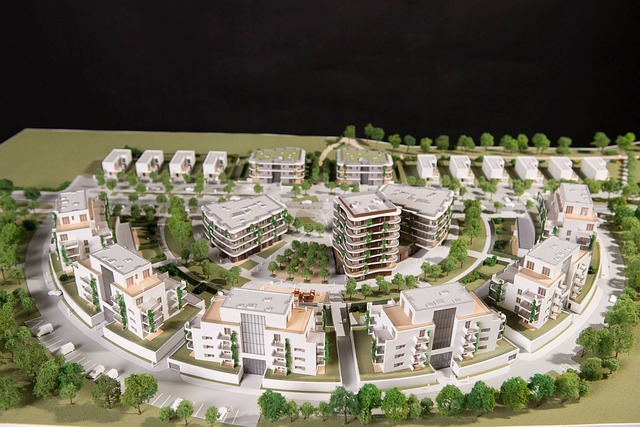TL;DR:
Successful event planning for local businesses hinges on understanding and engaging with the community. This includes building relationships with residents, business owners, and leaders to gain insights into needs, preferences, and cultural nuances. Key stakeholders like local businesses, chambers of commerce, non-profits, and community leaders provide crucial support and resources. Demographic research guides tailored events that foster a sense of belonging and increase attendance. Incorporating local traditions, cuisines, and artistic expressions enhances appeal, making events memorable and inclusive for residents and visitors alike. Collaboration with community figures and businesses ensures vibrant, cohesive event planning.
Local events are powerful tools for businesses to connect with their community, build brand awareness, and foster customer loyalty. This article guides local businesses through the art of planning successful events that resonate with their target audience. We’ll explore strategies from understanding your community’s unique fabric, crafting meaningful themes, and coordinating logistics seamlessly. By implementing these insights, businesses can leverage event planning to enhance their local presence and drive significant results.
- Understanding Your Local Community: Tap Into Local Knowledge
- – Identifying key community stakeholders and their roles
- – Researching local demographics and unique cultural aspects
Understanding Your Local Community: Tap Into Local Knowledge

Understanding your local community is a cornerstone in event planning for local businesses. By tapping into local knowledge, organizers can create events that resonate deeply with the community. This involves cultivating strong relationships with residents, business owners, and community leaders to grasp the unique needs, preferences, and cultural nuances of the area. Local insights are invaluable for choosing relevant themes, selecting suitable venues, and timing events effectively.
Community members often have a wealth of information about what draws people together and fosters a sense of belonging. Engaging with this knowledge allows event planners to design experiences that not only entertain but also enhance local pride and participation. Incorporating local talent, showcasing regional cuisine, and highlighting cultural heritage are strategies that demonstrate an appreciation for the community’s distinct character, making events more successful and memorable for all involved.
– Identifying key community stakeholders and their roles

In successful event planning, identifying key community stakeholders is a vital step. These individuals or groups are integral to the local ecosystem and their involvement can significantly enhance an event’s impact. Local businesses, for instance, play a crucial role in event planning as they often have deep insights into the community’s preferences and needs. They also provide financial support and resources that can make events more vibrant and successful. Engaging with chambers of commerce, local merchant associations, and business owners allows event organizers to tap into these networks, ensuring that the event aligns with the community’s interests and has broader appeal.
Each stakeholder brings a unique perspective and contribution. Community leaders, such as local politicians and cultural figures, can offer guidance on logistics and ensure official support. Non-profit organizations provide volunteer resources and may have established connections within the community. By fostering strong relationships with these stakeholders, event planners can create cohesive partnerships that contribute to a well-organized, engaging, and memorable experience for attendees—event planning for local businesses at its finest.
– Researching local demographics and unique cultural aspects

When planning local events, understanding your community is key to success. Researching local demographics provides valuable insights into the target audience—their preferences, behaviors, and needs. This knowledge ensures that events resonate with attendees, fostering a sense of belonging and engagement. For instance, tailoring an event to cater to specific age groups or cultural backgrounds can significantly impact attendance and overall satisfaction.
Moreover, exploring unique cultural aspects of the area adds a distinctive touch to events. Incorporating local traditions, cuisines, or artistic expressions makes gatherings more memorable and inclusive. Event planners can collaborate with community leaders, artists, and businesses to showcase the best that the locality offers, enhancing the appeal to both residents and visitors, and contributing to the vibrant event planning for local businesses landscape.
Successful event planning for local businesses hinges on understanding your community’s unique tapestry of stakeholders, demographics, and culture. By tapping into this local knowledge, you can create events that resonate deeply with attendees, fostering a vibrant and supportive business environment. This strategic approach ensures your events not only achieve their intended goals but also leave a lasting positive impact on the community at large.














